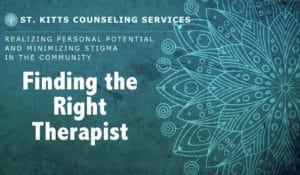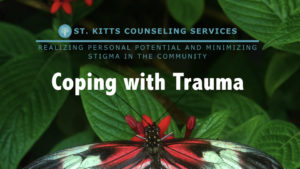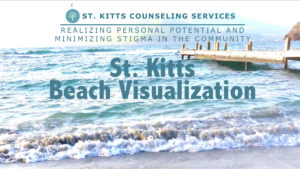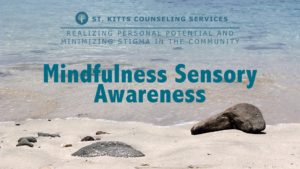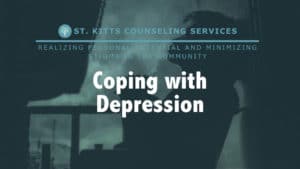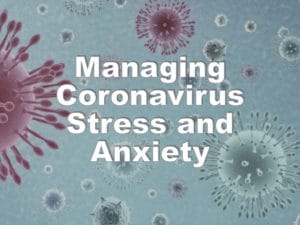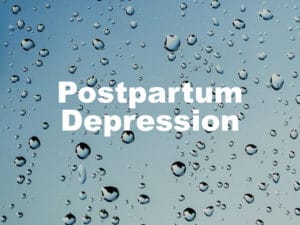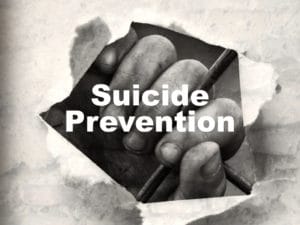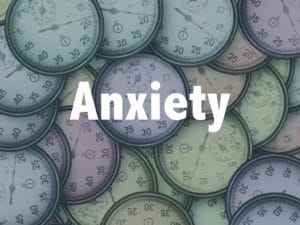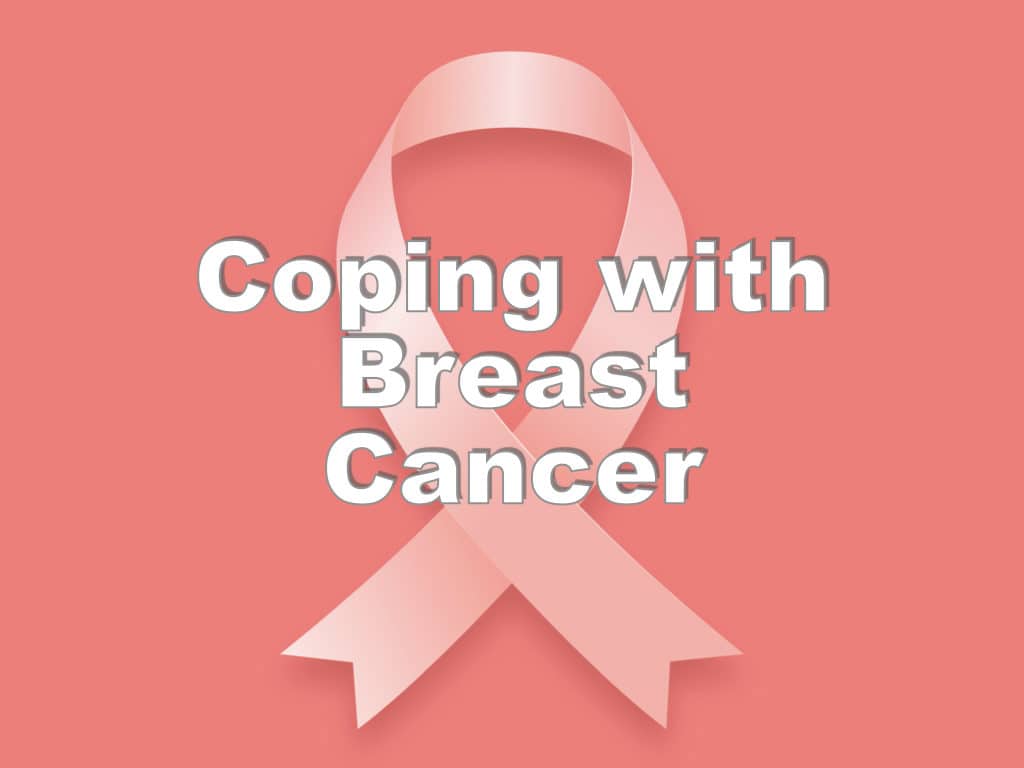
A diagnosis of breast cancer is life changing. Women (and men) with breast cancer experience difficulties in multiple aspects of their lives, with almost all aspects of life being challenged in some way.
Breast cancer diagnosis, treatment and recovery can be associated with high levels of uncertainty and fear. Difficulties related to pain, fatigue, missed work, womanhood, relationship and family difficulties, stress, anxiety, depression, anger, sleep difficulties, financial problems, and loss of confidence can be hard to cope with. People with breast cancer oftentimes need to change their behaviors as a part of a new lifestyle of self-care, and endure debilitating and difficult treatments. Marital and other significant relationships may also be affected.
Common Difficulties Associated with Breast Cancer Diagnosis
- Uncertainty
- Fear
- Pain
- Fatigue
- Missed work
- Womanhood concerns
- Relationship and family difficulties
- Stress
- Anxiety
- Depression
- Anger
- Sleep
- Financial problems
- Loss of confidence
Although these reactions are seen in many diagnosed with breast cancer, the level of emotional distress can vary a lot from person to person. In addition, there is also a lot of variation in the timing of these feelings or difficulties. That being said, serious psychological distress is common among cancer survivors, even many years after diagnosis and treatment.
These are some of the factors that make coping with breast cancer diagnosis, treatment and recovery psychologically difficult, but applying effective coping strategies can help.
What is Behavioral Medicine?
Behavioral Medicine is an interdisciplinary field that integrates behavioral, psychosocial and biomedical knowledge and techniques. It is also known as “Mind-Body Medicine. ” When working with clients with illness or chronic pain, behavioral medicine oriented psychologists focus on the intersection of biological, psychological and social factors to manage illness, pain and psychological distress. This model is referred to as the Biopsychosocial Model of Illness.
From this perspective, we are encouraged to go beyond simply focusing on the biological aspects of illness, expanding to also include psychological and social aspects in the treatment of patients needs.
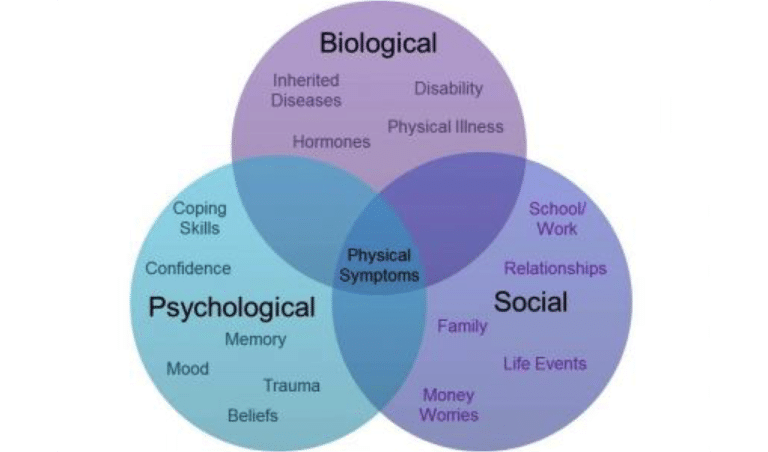
Cognitive Behavioral Therapy
One of the most effective therapies for those with breast cancer is cognitive behavioral therapy, or CBT.
The goals of Behavioral Medicine-oriented CBT are to:
- Reduce emotional distress
- Increase functioning
- Reduce pain
- Improve quality of life
These goals are accomplished by:
- Empowering clients through education, support & encouragement
- Development of specific strategies to reduce distress and/or manage pain
- Promotion of healthy lifestyle choices
From this perspective, we work to address the interplay between thoughts, behaviors, emotions and physical reactions to reduce distress, as we know that all of these pieces work together.
For example, what we THINK affects how we act and feel psychologically and physically; what we FEEL psychologically and physically, affects how we think and what we do; and what we DO affects how we think and feel psychologically and physically.
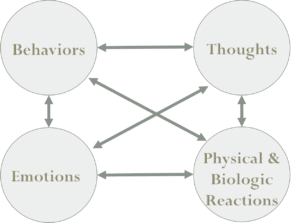
Let’s use an example to demonstrate:
Thinking “I am never going to get through this day,” “Nothing I do makes any difference,” or “I am never going to be healthy” is likely to contribute to increased sadness and anger, and also is likely to increase the avoidance of activities that may be helpful. This in turn will lower energy levels, which further depresses mood (and so on).
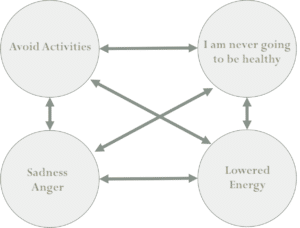
As we go through cognitive behavioral therapy, we work with clients to problem-solve and increase behaviors that will improve mood, and to work through painful thoughts towards more balanced ones.
Clients in CBT are supported to better understand their thoughts and challenge these, which results in decreasing psychological pain.
Although we encourage a supportive space to explore thoughts and feelings, we do not encourage simply venting, as the research shows this is not as helpful and can actually increase rumination and negative mood.
Common Mental Traps (Cognitive Distortions)
Sometimes the way we think about stressful events can leave us feeling even more upset and overwhelmed.
For example, we might focus only on the negative parts of the situation, or the worst possible outcomes, denying to ourselves more positive evidence. Or, we might expect ourselves to handle things completely on our own, never asking anybody for help, fearing that we will become a burden. We might even think that there is nothing we can do to feel better or improve our situation.
The following are ten common mental traps that we all engage in from time to time. We find though that if we can stop these types of cognitive distortions, we tend to feel less distressed.
Cognitive Distortions
All-or-Nothing Thinking/Black-and-White Thinking
You see things in terms of extremes and don’t recognize the “in between,” or the “gray.”
Overgeneralization
With this mental trap, you generalize from one event to an overall pattern, believing that this negative event represents a never-ending pattern of defeat.
Mental Filter
Using a mental filter will cause you to focus on a single negative piece of information, and exclude all the positive information.
Discounting the Positives
On the other side, the “Discounting the Positive” distortion acknowledges positive experiences but dismisses them instead of embracing them, saying to yourself that these accomplishments don't matter or count.
Jumping to Conclusions – Mind Reading and Fortune Telling
When we jump to conclusions, we inaccurately believe that we know how things will turn out, or that we know what another person is thinking.
Magnification (Catastrophizing) or Minimization
This distortion involves exaggerating the importance or meaning of things (blowing things out of proportion) or minimizing the importance or meaning of things inappropriately.
Emotional Reasoning
Emotional reasoning refers to the acceptance of one’s emotions as fact. It can be described as “I feel it, therefore it must be true.”
Should Statements
Should statements are statements that you make to yourself about what you or others “should” do, “ought” to do, “must” or "have to" do.
Labeling
These tendencies are extreme forms of overgeneralization, in which we assign judgments of value to ourselves or to others based on one instance or experience. When we use this distortion, we overly identify with our failures.
Personalization
This distortion involves taking the blame for things that are not completely yours to take responsibility for. You may also blame other people, or minimize the way you may have contributed to a problem.
Instead, when you are having painful feelings, try to consider the types of thoughts you are having and ask yourself the following questions:
What is the evidence for this thought or belief?
Try to consider if the actual evidence supports your thought.
What is the evidence against this thought or belief?
Consider if you are ignoring important information or evidence.
What would you say to a friend?
Oftentimes we are more rational and kinder to our friends than we are to ourselves. To help to determine a new way of thinking about your situation, try to imagine what you would say to your close friend using the evidence of your situation.
What is a more helpful way to view this situation?
Synthesizing the information from the previous questions, try to come up with a statement that is truthful, more balanced, and less likely to upset you. Write this statement down and rehearse if often throughout the day.
What you can do to feel better
Get information
Seek information about breast cancer
Get support
Share your feelings with trusted people, and ask them for support. Connecting with breast cancer survivors can be especially helpful.
Problem-solve
Problem-solve for what is within your power to resolve.
Don't over-do it
Although it is common when feeling better to try to accomplish a great deal, this can cause set-backs, and so try not to over-do it physically.
Acknowledge your emotions
Instead of avoiding or ignoring your emotions, acknowledge them. Avoiding emotions can be associated with more difficulty in the long run.
Modify painful thoughts
Try to modify especially painful thoughts using the strategies listed above.
Increase self-care
Build self-care into your everyday life.
Practice relaxation
Practice relaxation, mindfulness, visualization, and meditation. Diaphragmatic breathing can be especially helpful at difficult times.
Speak with a mental health care provider
Schedule an appointment with a mental health care provider who uses evidence-based therapies in the treatment of illness and chronic pain.
When to get help
If the strategies described are not helping, get help.
Remember that it is okay to have negative thoughts and feelings when faced with a cancer diagnosis. But when those thoughts have become a pattern, are overwhelming, and are causing you further pain, it may be time to speak to a mental health provider. Talking with a mental health care provider can help you to better cope with painful thoughts and feelings, so as to improve the quality of your life.
It is important to know that not all therapies work equally. Cognitive behavioral therapy (CBT) is one of the most effective treatments for those with illness or chronic pain.
Dr. Pereira of St. Kitts Counseling Services is a Clinical Psychologist with a background in Behavioral Medicine. She specializes in providing CBT for those coping with chronic illness and pain.
Contact Dr. Pereira
Contact Dr. Pereira at (869) 668-4646 to discuss your difficulties or to schedule an appointment. Call today to get started feeling better.
See also “Coping with Chronic Illness and Pain,” “Mindfulness,” “Beach Visualization in St. Kitts,” and “Mindfulness Sensory Awareness.”

